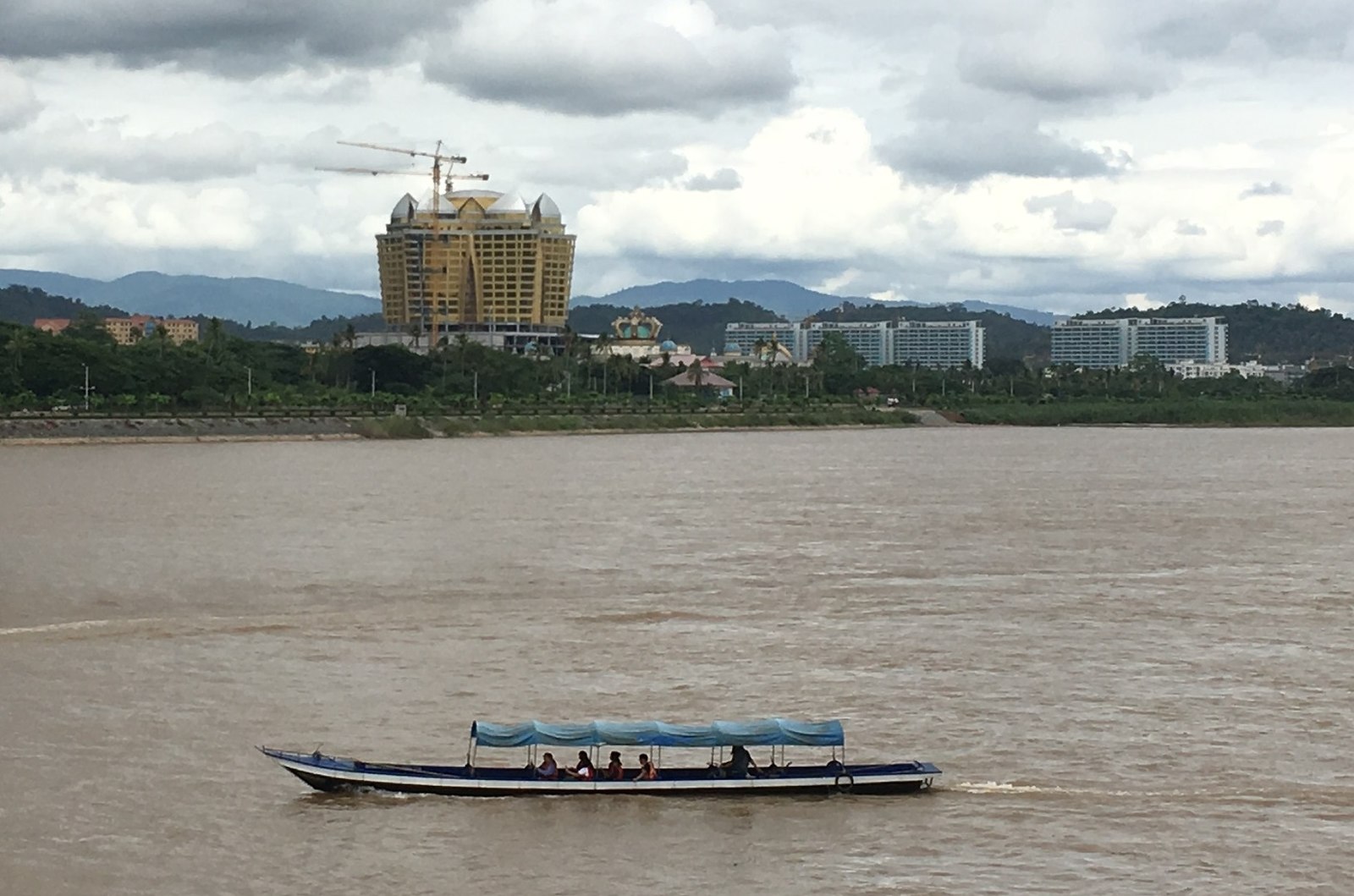On 20 March 2024, the International Commission of Jurists (ICJ), together with Chulalongkorn University’s Center for Social Development Studies (CSDS), EarthRights International, Extra-Territorial Obligation Watch Coalition (ETO Watch Coalition) and the Mekong Butterfly, held a second regional dialogue to discuss the adverse human rights consequences of Special Economic Zones (SEZs) in the Mekong region, and develop a set of policy recommendations to address a range of human rights concerns. In August 2022, the ICJ co-hosted the first dialogue, a similar event with the same stakeholders.
The second regional dialogue in March this year was also informed by updates on key human rights challenges faced since the first dialogue in 2022. The event took place at the Faculty of Political Science, Chulalongkorn University. Fifty participants from civil society, UN agencies, government departments, corporations, the diplomatic community and academia attended the event.
“Despite long-standing human rights concerns, including allegations of human rights abuses in the course of developing SEZs, their establishment is a key component of the strategies of governments in the region to attract foreign investment, while the concerns of local communities that are adversely impacted remain unaddressed,” said Melissa Upreti, ICJ Regional Director for Asia and the Pacific, during her opening remarks.
“Several types of human rights abuses or violations may arise in the course of developing and implementing SEZs. In the Mekong region, we have identified a consistent pattern of human rights abuses and violations, from which it emerges that SEZs are created in a top-down manner, where communities are denied access to information and participation in the decision-making process,” said Sanhawan Srisod, ICJ’s Legal Adviser, during her closing remarks.
“Many countries in the Mekong Region have enacted specific laws to pave the way for the development of SEZs. Most human rights concerns arise from the bypassing of existing safeguards in national law through the creation of specific laws designed to accommodate investors,” added Srisod.
The human rights concerns outlined by speakers and participants at the dialogue included:
- Inadequate access to information and lack of meaningful participation in the decision-making process in the course of developing SEZs.
- The lack of effective access to grievance/complaint mechanisms when conflicts arose between affected communities and SEZ developers and operators.
- Reports of relocations resulting in the loss of livelihoods, including those due to the lack of recognition of customary landholding/management systems, with some facing legal action for allegedly “occupying” land that they have lived and relied on for a livelihood for generations.
- Questions about the suitability of land for SEZ development and the design of town plans.
- Lack of effective and adequate compensation or resettlement sites. Those dissatisfied with the compensation provided are left without recourse, including due to the limited civic space in the country.
- Poor quality of Environmental Impact Assessment (EIA) reports compounded by a lack of transparency, and meaningful participation in the EIA process.
- Reports of environmental destruction, leading to threats to the health of local communities as a result of the SEZs.
- Human trafficking, labour rights abuses and discrimination against those participating in union activities.
Background
The dialogue was split into two sessions. The first session included speakers from CSOs monitoring SEZs in Cambodia, Lao PDR, Myanmar and Thailand, along with David Welsh, Country Program Director at the Solidarity Center.
The second panel included: Professor Surya Deva, UN Special Rapporteur on the Right to Development; Sean Lees, Business and Human Rights Specialist at the United Nations Development Programme; and Prof. Dr. Amara Pongsapich, Representative of Thailand to the ASEAN Intergovernmental Commission on Human Rights.
Further reading
Special Economic Zones in Myanmar and the State Duty to Protect Human Rights
2022 Advocacy Note on SEZs in the Mekong Region, available in: English, Burmese, Khmer, Lao, Thai, and Vietnamese.
Contact
Sanhawan Srisod, Associate International Legal Adviser, ICJ Asia Pacific Programme; e: sanhawan.srisod@icj.org
Melissa Upreti, ICJ Regional Director for Asia and the Pacific, e: melissa.upreti@icj.org





